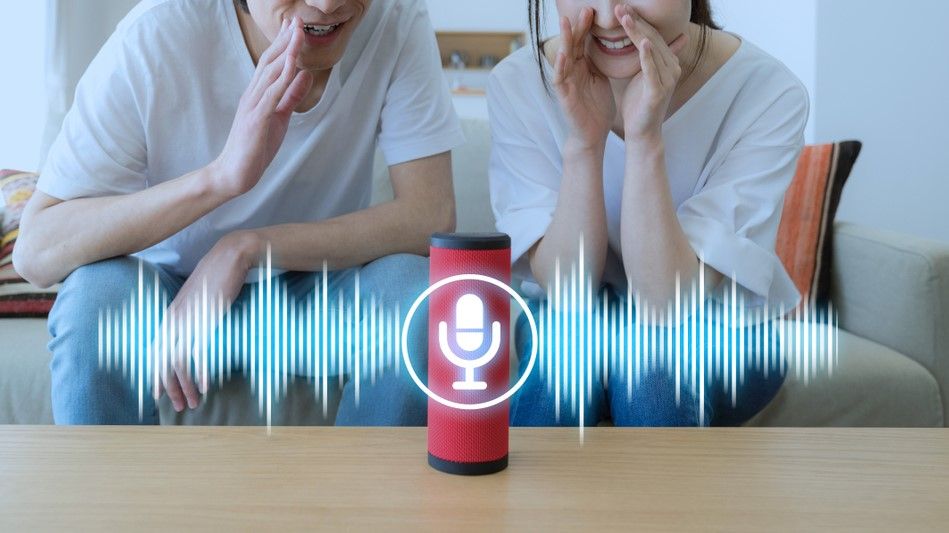
Smart speakers are essential for anyone looking to create a voice-activated home—from listening to music and podcasts to controlling the latest connected gadgets, these devices have become a household staple.
So much so that in the first three months of 2022, more than 30 million units will be shipped worldwide, with Amazon leading the way, with about a third of those shipped via Alexa-enabled devices.
However VPN overview (opens in a new tab) Some disturbing research has been uncovered showing that your smart speakers are collecting more data about you than you first realize.
The smart speaker that always listens
Smart speakers are always listening to you (unless you turn that off which defeats the point) and they’re widely capable of keeping recordings or transcriptions of what you’re saying to help developers make them more intuitive but at what cost ?
While Amazon, Google and Apple all promise minimal data collection and high levels of security, many users will enable third-party integrations that allow them to interact with many services, from connected cars to food ordering apps and more. everything in between.
According to VPNOverview, “some of these third-party skills have not been thoroughly vetted,” which could open the door for hackers to risk all sorts of leaks and hacks.activate one virtual private network These risks are mitigated to some extent.
Another concern the company raised was the ability for some smart speakers to make online purchases directly on the device. It recommends setting up two-factor authentication (2FA) to authorize these transactions, but for many this again defeats the point of having an enabled device in the home.
Ultimately, in most use cases, we found that customers prioritized convenience over privacy, almost rendering many of the measures companies took useless.
Google says it doesn’t keep recordings on its servers by default. Amazon said its users can view and delete audio and transcripts stored securely in its cloud. Finally, Apple says it only stores the minimum data required for six months. We reached out to all three companies for advice on what users can do to ensure maximum protection of their data when using a smart speaker.
Apple takes us to its HomePod privacy and security (opens in a new tab) page, Amazon told us to check out its interpreter page (opens in a new tab) and FAQ page (opens in a new tab)Google sends us to its Privacy Information Page (opens in a new tab) and A guide to actionable steps users can take (opens in a new tab).






